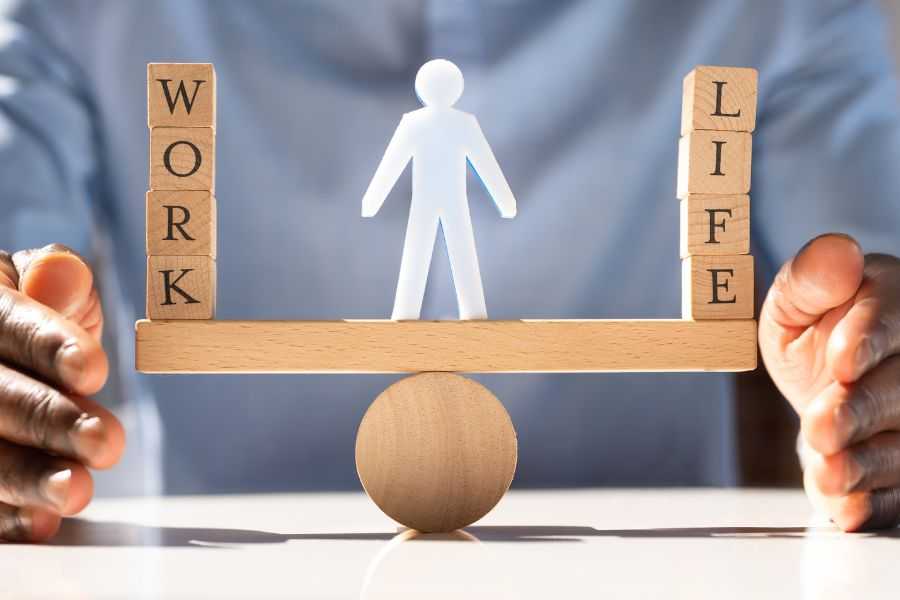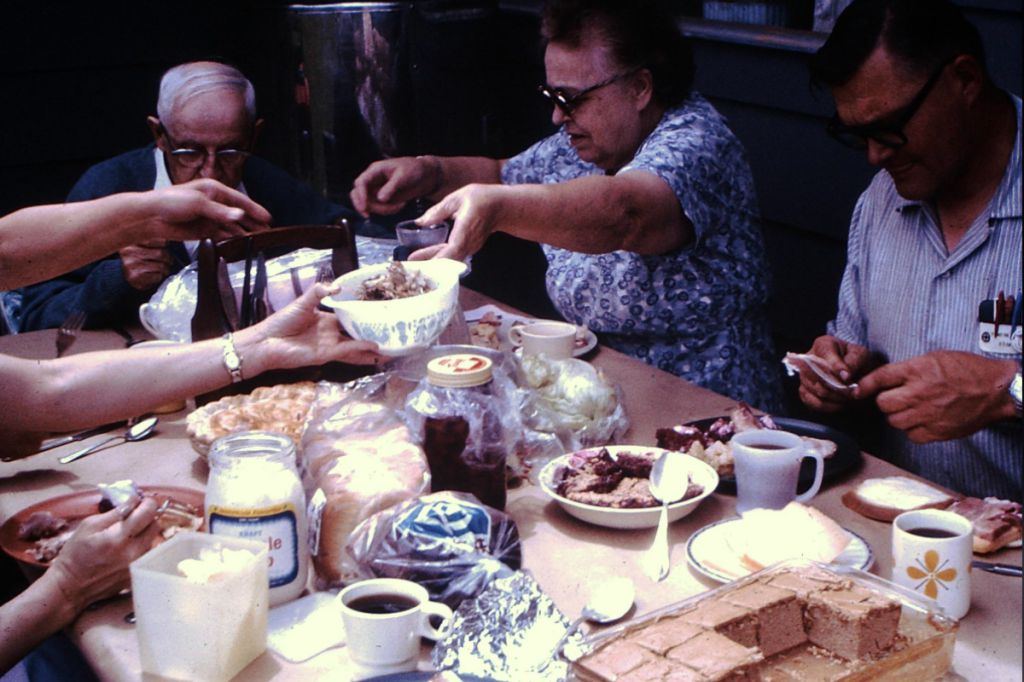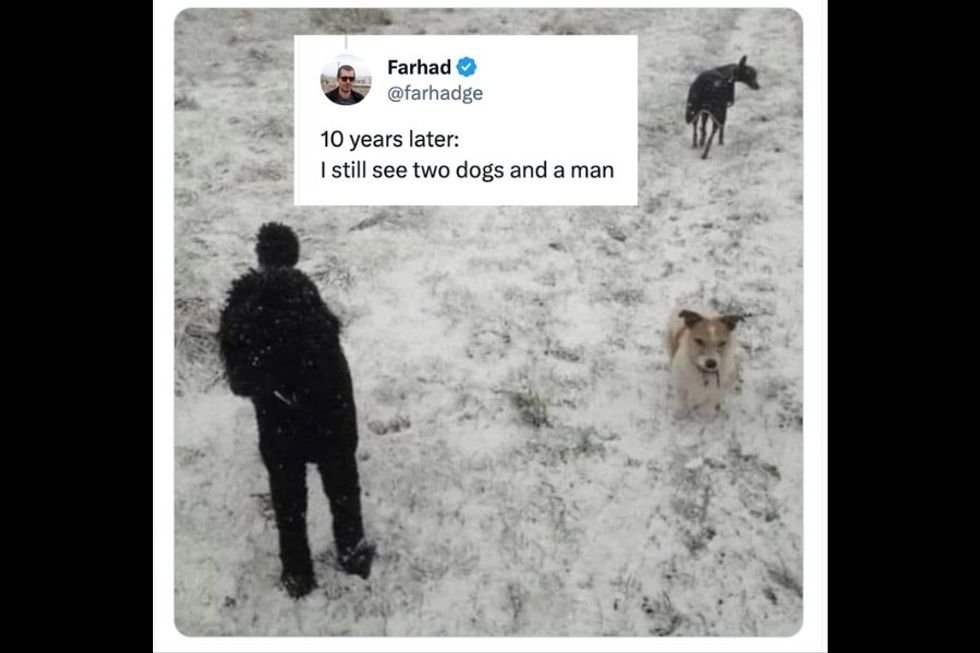If you’ve spent time on social media the past two weeks, you’ve undoubtedly seen a deluge of content about women feeling unsafe going about daily life. For some of us, especially those who have survived violence, the fear is constant. For others, it’s a hum in the background of our minds that gets louder in certain situations. But I don’t think it’s a stretch to say that most women think about their bodily safety far more often than men do.
Women have been sharing mental checklists we go through to navigate the world, and it’s a lot. Even those of us who have managed to get through life in a woman’s body without being assaulted still have to think about our safety all. the. time.
Obviously, the best thing men can do to help women feel safe is to actually be safe. Equally obvious is the fact that creeps who harass or molest or assault women aren’t looking for a list like this to change their behavior. But there’s a lot that good men can do to help ease the burden women feel when we’re out and about.
Here are some tips for men who genuinely want women to feel safe, who may not realize they’re inadvertently making us feel unsafe, and who understandably need some guidance on what actually helps.
1. Recognize that our wariness of you is not personal.
If I’m walking to my car after leaving the grocery store at night and you walk out behind me, I probably won’t think much of it. If your car happens to be parked near mine, and you’re walking behind me the whole time I’m headed there, my radar will probably go up. I’ll probably pull out my keys and be ready to gouge you in the eyes if I have to. It’s not you. I just have no way of knowing whether you’re a sweet, kind guy just going to his car or a predator who sees an opportunity. I want to believe the former, but I have to be prepared for the latter. We know it’s #notallmen. We just don’t know which men.
We already second-guess ourselves and wonder if we’re overreacting, every single time our guard goes up. When you take our wariness personally because you wouldn’t hurt a fly, it doesn’t help. What does help is knowing you understand why we feel the way we feel and why we take the precautions we take.
2. Keep your distance.
You may not realize it, but when we’re on the same block together, we are keenly aware of how close you are to us and how fast you are walking. When you’re behind us, we are constantly calculating whether we’re far enough away from you to be able to run if your speed picks up. When you’re walking toward us, we’re calculating your size and build to determine whether we could fend you off. Again, nothing personal.
Knowing this is what’s going through our minds, it’s helpful if you remain at a distance. If you need to pass us, make a wide enough berth to make it obvious that you’re avoiding getting close to us. Ideally, you’d cross the street, keep your face visible, and avoid looking our way too much. If we’re on a running trail or something, give us a verbal cue ahead of time that you’re just approaching to pass, like “Jogging up on your left!”
I know some good guys who will keep an eye on a woman who is walking alone to make sure no one else messes with her. That’s great—just give us plenty of space or walk ahead of us and keep your ears open rather than watching us from behind. And while you might think it’s polite to let a woman go first when exiting a bus or train or building, we generally feel safer with you in front of us than behind us.
3. Keep your hands to yourself, even in passing.
Some people are touchy-feely by nature, and some casual forms of touch are just automatic for some people. However, many women will have a visceral response to being touched by men they don’t know, even if there’s no weird or inappropriate intention behind it.
For example, a man will sometimes put his hand on a woman’s lower back while walking past her in a crowded place. Don’t do that. What may be a natural thing for you may feel like an invasion of body safety to the woman you’re touching. Not every woman will be bothered by this, but I know many women who are. Going out of your way to avoid touching a woman you don’t know signals that you’re aware of how women feel and want them to feel safe and comfortable and respected. We notice such things.
4. Offer to escort your female friends places.
Don’t act surprised or confused if a woman asks you to walk her home. Feel free to take it as a compliment that a woman feels fairly safe with you, but also don’t assume it means we’re hitting on you. We know we’re much less likely to be targeted if we have a man with us, so we’re using your presence as a deterrent more than seeing you as a superhero.
Keep in mind that most women are assaulted by someone she knows, not strangers. This is a reality we’re aware of when asking for you to walk us somewhere. Even if we know you, we’re only asking because we’ve weighed the potential risks and decided you’re safer than walking alone. But we may not feel 100% safe with you, either.
5. Intervene when women are being objectified or harassed.
Whether you’re hanging out with a group of guy friends when someone makes a sexist joke or you’re walking down the street and see a woman being cat-called, say something. “Don’t do that, man. Don’t be that guy,” can go a long way. And if you see a woman being harassed, physically putting yourself between her and the harasser and staying with her until the harasser leaves can be helpful.
If you’ve witnessed a woman being harassed or assaulted, approach her gently and offer assistance. “Are you okay? Would you like me to call a [friend, manager, security, police, etc.] for you? I’ll stay with you until they arrive. I saw what happened and am happy to serve as a witness.” Follow the woman’s lead, but understand she might be scared. Keep a bit of distance, but let her know you’re there to help however she needs it.
6. Don’t flirt with a woman who isn’t showing any interest.
The nuances of attraction and flirtation can be tricky to decipher sometimes, but not as tricky as we sometimes make them. When a woman isn’t interested at all, she’ll usually make it pretty clear. The “playing hard to get” idea is largely a myth, so if a woman is putting of signals that she’s not actively interested in you—answering your questions as briefly as possible, avoiding direct eye contact, excusing herself from a conversation, not initiating any contact—don’t flirt with her. It comes across as creepy.
Yes, she might just be extremely shy. But being overtly flirtatious isn’t going to go over well in that case, either. Basically, assume a woman doesn’t want to be flirted with unless she gives you some very clear signs that she’s interested in you.
7. Be an example and a mentor to younger men and boys.
What women are feeling and experiencing isn’t anything new. This stuff has been perpetuated for generations, and we need to break the cycle somehow. One of the best things men can do is to set an example for younger males. Show them what it looks like to listen to women. Talk to them about what they can do to be good men, safe men, supportive men. Nip bad behavior and attitudes toward women and girls in the bud early. Be aware of the messages they are getting from society, entertainment, media, etc. and counteract harmful messaging they’re hearing.
Women are tired. It’s exhausting to constantly be running imaginary scenarios through our heads and preparing ourselves for potential threats to our bodies. It’s exhausting to constantly wonder if we’re being overly paranoid, only to hear another story of a woman we know being assaulted. Thanks to the good men working to change that reality and doing what they can to help women walk through the world without fear.































